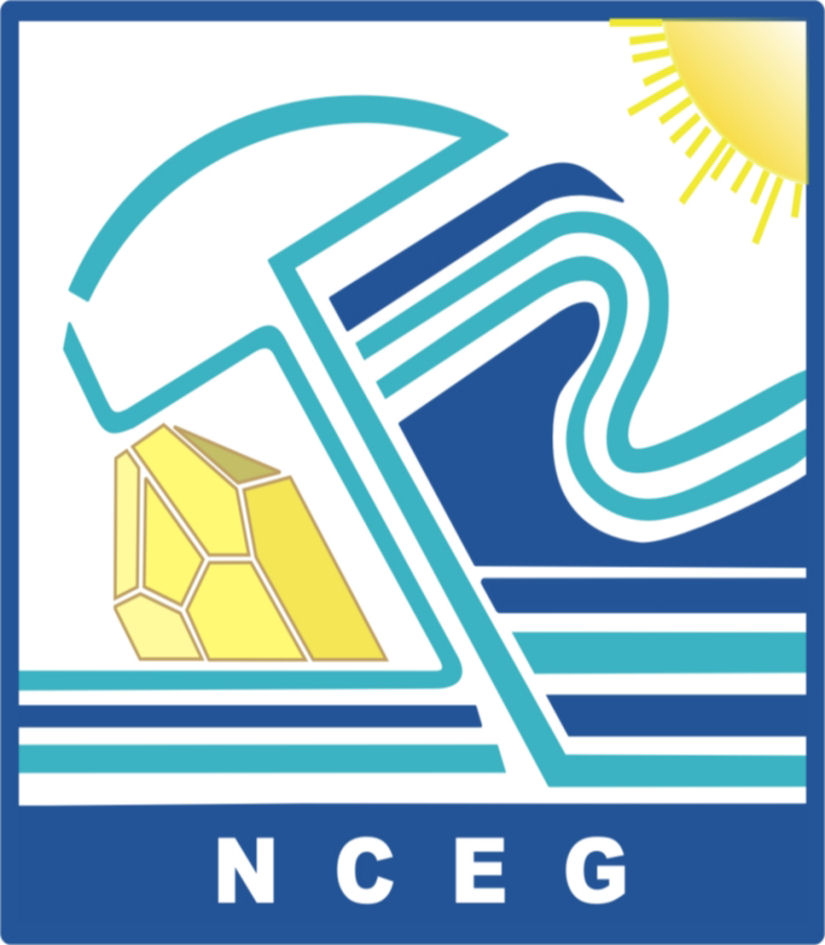

Best Viewed At (1024 x 768) |
| NCEG Home |
| About NCEG |
| About GTZ |
| Lecture Slides |
| GIS for Beginners |
| Resource Persons |
| Workshop Schedule |
| Participants |
| Organizers |
| Workshop Glimpses |
| Development Team |
The needs of the civil society with an up-to-date and real time information on dynamic geoscience processes is slowly been appreciated. The course foreseen will provide both a technological base as well as an institutional re-focusing for these modern approaches. This training titled “Geo-Informatics for Disaster Management” aimed to train the concerned employees of the line departments of the Govt of NWFP. This course was jointly organized by NCE in Geology , University of Peshawar and DPMP – GTZ, Peshawar, Pakistan . Around 15 people participated from different departments.
|
National Centre of Excellence in Geology,
University of Peshawar, Peshawar-25120
Khyber Pakhtunkhawa., Pakistan.
Phone: +92-91-9216427, 9216429
Fax: +92-91-9218183